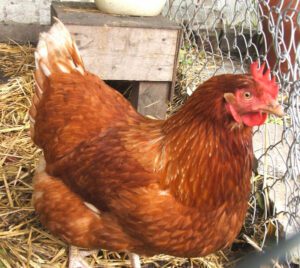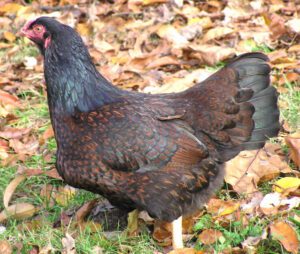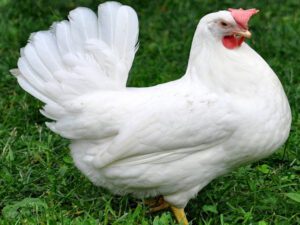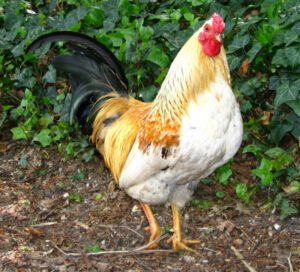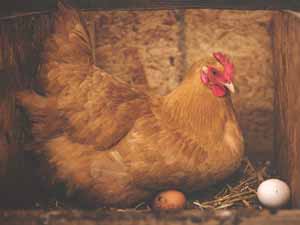Choosing a chicken breed can be difficult, especially if you are a beginner. There are hundreds of different chicken breeds available throughout the world to choose from.
So, it can be pretty difficult for you to choose the right breed. You have to decide or chose the perfect breed from your lifestyle, space, weather throughout the year and whether you want meat, eggs or a friendly pet.
Guide to Choosing a Chicken Breed
Decide the purpose of raising chickens first before choosing a chicken breed. You should choose quality meat producing breeds, if you want to raise chickens for producing meat.
And if you want eggs, then you should raise highly egg producing breeds. And you can choose any calm breed if you want to raise chickens as pets.
However, here we are describing more about the ways of choosing a chicken breed.
Determine the Purpose
First of all determine the purpose of your potential flock. You can raise chickens for meat, eggs or for both. Although you can choose a friendly breed for raising as pets.
You can choose the hybrid varieties if you want to raise chickens commercially. However, there are hundreds of breeds to choose from. And all these breeds have different advantages and disadvantages.
- You can choose Jersey Giant, Brahma, Red Ranger, Freedom Ranger and Cornish Cross are very good breed for producing meat. They grow faster and very good for meat production.
- If you want to produce eggs, then you can choose Australorp, Buff Orpington, Leghorn, Rhode Island Red, Hamburg, Campine, Fayoumi, Dominique, Red Star, Black Star, Golden Commet and Plymouth Rock chickens. All these breeds produce large eggs almost daily.
- Australop, Plymouth Rock, Wyandotte, Sussex, Rhode Island Red, New Hampshire Red and Buff Orpington are good as a dual-purpose breed. They are very good for both meat and eggs production.
- You can consider bantam chickens if you want to raise chickens as pets. Most of the bantam chicken varieties are relatively calm and friendly.
- If you want to raise chickens for fighting, then you can choose Asil, Modern Game, Old English Game and American Game Bantam chickens.
- Hybrid varieties are very good for commercial production purpose.
Consider Your Lifestyle
You should consider your lifestyle for choosing a chicken breed (family, time and money should be weighed out here).
You can either choose an inexpensive breed that is cheap to by and cheap to take care of or a breed that is even more low-maintenance than others or also a friendlier breed that is good around kids.
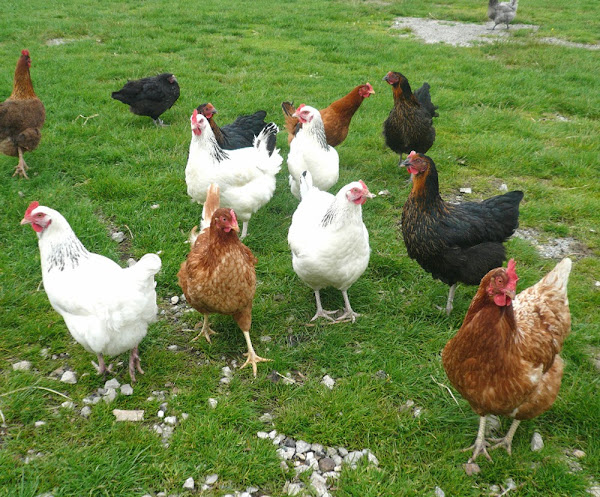
Bantam breeds are smaller in size and they cost about half the amount of a standard breed for keeping.
Consider Available Space
Consider whether you have some free space for raising chickens or not. If you want to take less care of your birds, then they will tend to take up a lot of space.
But the birds will require less space if you can arrange all facilities inside their house.
In such case they will need storage for all their food and also a large home to stay in. You also need large space if you have a bigger flock.
Consider Weather in Your Area
Consider the climatic conditions or weather in your area before choosing a chicken breed. Do you get a lot of cold or a lot of heat?
Some chicken breeds can’t deal with the winter snow whilst some breeds are also sensitive to too much heat due to their fluffy feathers.
Although there are some very hardy and strong breeds which can do well in both hot and cold weather.
Plumage Choices and Considerations
There are different dazzling array of plumage colors and patters available in different types of chicken breeds.
Black, buff, blue, white and all shades of brown are generally found. You should chose a breed which can delight your eyes.
Color of the Eggs
Probably you have seen many different colored eggs in the stores. Generally chicken eggs come in white and medium to light brown color.
Some chickens also lay bluish, dark brown, pinkish, cream, shades of olive or tinted colored eggs. For example, Ameraucanas, Cream Legbar, Araucanas and Easter Egger chickens lay blue colored eggs.
Consider your need and purpose before choosing a chicken breed. Hope this guide will help you choosing the right breed for your potential flock!

